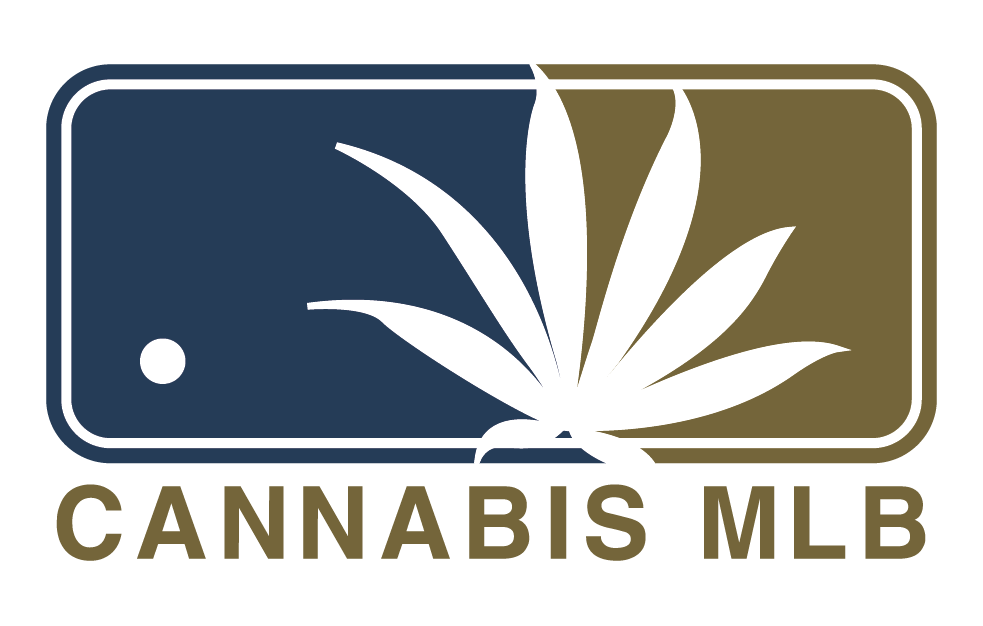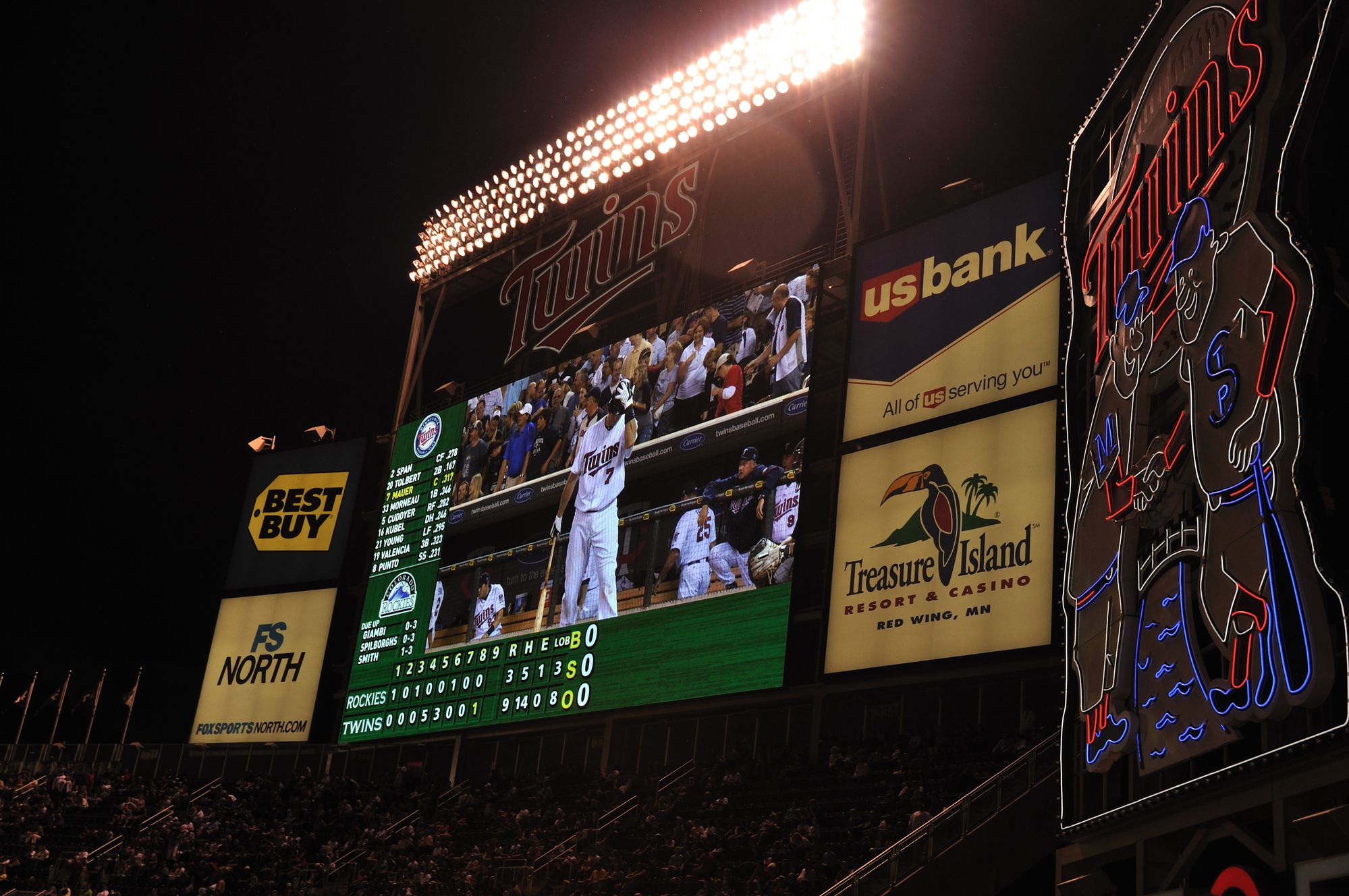In December 2019, Major League Baseball and the MLB Players Association removed “natural cannabinoids” (including marijuana and CBD) from the league’s Drugs of Abuse list and shifted toward a health-first approach that focuses testing and discipline on opioids, cocaine, and similar substances. Cannabis use, by contrast, is now treated much like alcohol: players can be referred to education and treatment if their use becomes a problem, but simple use is not, by itself, a suspendable offense.
That core approach is codified in the current Joint Drug Prevention and Treatment Program. The 2022 version explicitly states that natural cannabinoids such as THC, marijuana, cannabidiol, and hashish “shall not be considered Drugs of Abuse,” distinguishing them from synthetic THC and other drugs that remain banned. In practice, that means no league discipline merely for a positive marijuana test—yet formal consequences still apply for synthetic cannabinoids and for other categories like opioids or stimulants.
MLB pairs this stance with clear conduct rules. Under the league’s Alcohol and Marijuana Policy, players who are arrested for DUI (alcohol or marijuana), appear under the influence at team activities, or otherwise trigger concern can be mandatorily referred to the Treatment Board for evaluation and an individualized plan. Participation in treatment is voluntary, but clubs and the commissioner may still impose discipline for the underlying misconduct. The policy frames cannabis as a health and safety issue without granting a free pass for behavior that endangers players or the public.
There are also bright-line limits around team involvement with cannabinoids. A 2020 league memorandum reminds clubs that, despite many state-level legalization schemes, federal law still classifies marijuana and some forms of CBD as controlled substances. Accordingly, teams may not provide cannabinoid products to players or store them at club facilities; club medical staff are prohibited from prescribing, dispensing, or recommending marijuana or other cannabinoids. Players who violate federal, state, or local laws—for example, illegal possession or driving under the influence—remain subject to discipline.
Sponsorships and CBD are treated cautiously but permissively. In June 2022 the league opened the door for club-level CBD sponsorships—provided products are NSF Certified for Sport (to minimize contamination and THC risk) and deals are approved by MLB. In October 2022, MLB announced an exclusive league partnership with Charlotte’s Web, highlighting that only NSF-certified CBD products meet MLB’s standards.
Minor League Baseball has been brought into broad alignment, moving away from suspensions for marijuana use and toward the same alcohol-like treatment model.
Bottom line: MLB does not ban natural cannabis outright, but it draws firm lines. Players can’t be high at work, break the law, or rely on teams for cannabis products. The league steers use into a medical-style framework—education, evaluation, and treatment where needed—while keeping performance-enhancing drugs, synthetic cannabinoids, and unsafe conduct squarely in the disciplinary crosshairs.

